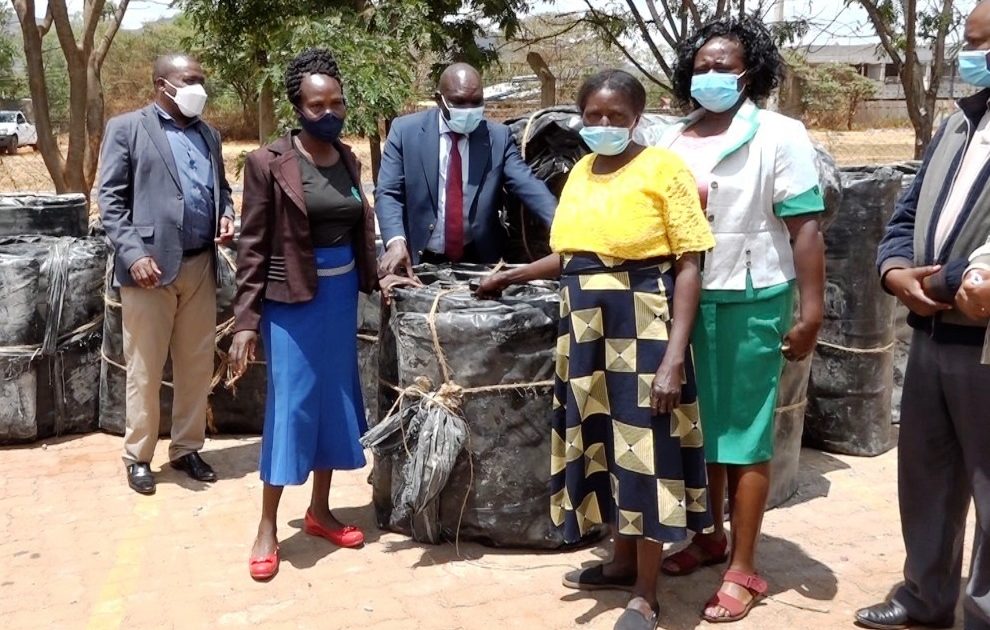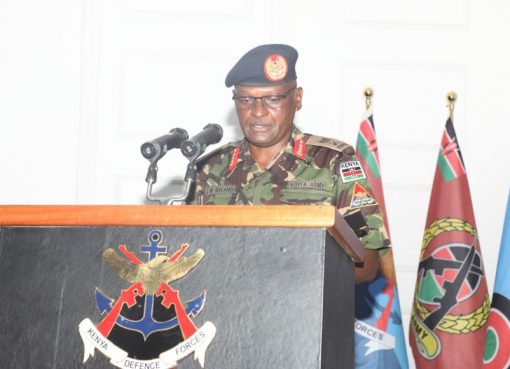The Government is keen on promoting fish farming as part of the efforts to enhance food and nutrition security, household incomes as well as meeting the country’s fish demand amid drop in production.

Principal Secretary (PS) State Department of Fisheries, Aquaculture and Blue Economy, Dr. Francis Owino, said under the Aquaculture Business Development Program (ABDB), the government had put in place initiatives for the development of aquaculture sector to enable the country meet its annual demand of 600, 000 tons.
He said currently, the country was only able to produce up to 400, 000 tons of fish annually amid dwindling production in Aquaculture fisheries in marine environments attributable to pressure brought about by competition in the blue economy.
The PS thus said there is need to bridge the gap by encouraging farmers to embrace aquaculture as an economic activity to meet the country’s demand as well as produce surplus for export.
Owino said the ABDB program being implemented in 15 Counties was started to jumpstart the aquaculture program initiated by the government in 2013 under the Economic Stimulus Package (ESP) to help the struggling economy then.
Speaking at Kiritiri Market in Mbeere South Constituency, Embu, when he oversaw distribution of fish farming inputs to farmers including pond liners, predator nets as well as extension service equipment such as motorbikes and laptops, the PS said fisheries and aquaculture sub-sectors played a critical role in the social economic development of the country.
He said the sub-sector economically supported about a million people directly and indirectly besides providing food and efforts must be made to continue developing it in attainment of President Uhuru Kenyatta’s Big Four Agenda on Food Security and Nutrition.
“Successful implementation of this program will contribute to the overall goal of increased annual fish production, consumption as well as good nutrition by overcoming two key constraints, that is, low availability and unaffordability of fish,” the PS said.
Owino however regretted the slow uptake of the program which was in its third year and called on county leadership and implementing teams to increase their efforts to accelerate the uptake to achieve the intended objectives.
Some of the main challenges facing the program according to the PS were availability of quality fingerlings and feeds that the government was addressing to enhance production.
He challenged entrepreneurs to exploit the huge market for fish feeds with the growing demand of the commodity as more farmers embrace fish farming.
ABDB National Coordinator Sammy Macharia said production of fish was at an all-time low of 50 kilos per farmer per year that they were projecting to boost with provision of inputs and extension services.
He said they were projecting to increase production to five tons per farmer per year in a period of eight years in order for the country to be self-sufficient as well as have surplus for the international market.
By Samuel Waititu



